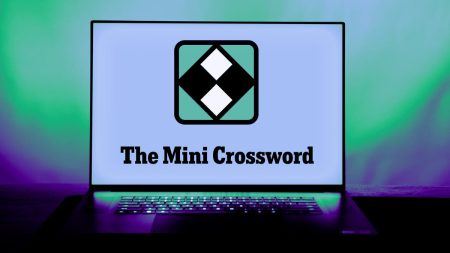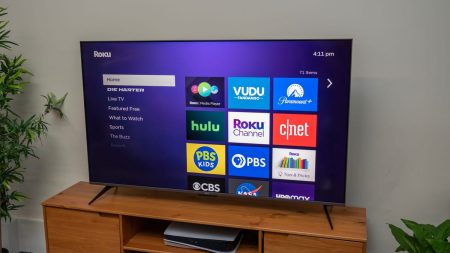A Recap of the PlayStation Network Outage and Sony’s Response
The world of gaming experienced a significant disruption earlier this year when the PlayStation Network (PSN) suffered a major outage. The incident began on the night of February 7th and lasted for approximately 20 hours, extending into the following day. This outage was not just a minor inconvenience; it affected a wide range of users, including those playing on PlayStation 4 (PS4) and PlayStation 5 (PS5) consoles. Any game or service that required a PSN login was impacted, which included popular online multiplayer titles like Call of Duty: Black Ops 6 and Marvel Rivals. Even players who owned digital copies of games were affected, as they were unable to have their games verified, making even offline games inaccessible.
The Cause and Recovery of the Outage
Sony addressed the issue promptly, acknowledging that the outage was due to a technical problem. In a post on X (formerly Twitter), the company stated, "Network services have fully recovered from an operational issue. We apologize for the inconvenience and thank the community for their patience." By February 10th, the service had returned to normal, and gamers were once again able to enjoy their usual gaming experiences. However, Sony did not provide further details about the specific nature of the technical issue that caused the outage. Despite this, the company took steps to compensate its users, as explained below.
Compensation for Affected PlayStation Plus Subscribers
As a goodwill gesture, Sony announced that it would be giving all PlayStation Plus subscribers an additional five days of service. This compensation was automatic, meaning that subscribers did not need to take any action to receive the extra days. This move was likely an effort to placate the community, which had experienced significant inconvenience during the outage. It’s important to note that this was not the first time Sony has faced such issues. Just a few months prior, in October, the PSN had suffered another outage that lasted about eight hours. While the October outage was shorter, it still highlighted the potential vulnerabilities in the network.
The Broader Implications of the Outage
The PSN outage had far-reaching implications beyond just the immediate inconvenience to gamers. For example, the incident brought attention to the growing reliance on online connectivity for gaming. Even players who owned digital copies of games were unable to play because they couldn’t verify their games without an active PSN connection. This dependency on online services has become a contentious issue in the gaming community. Some players feel that this requirement is unreasonable, especially for games that are designed to be played offline.
The situation also drew attention to Sony’s handling of similar issues in the past. In 2011, the PSN suffered a massive outage that lasted for several weeks. That incident was later revealed to be the result of a major hacking attack, which exposed the personal information of millions of users. While the most recent outage was not the result of a security breach, it still highlighted the potential risks and vulnerabilities associated with online gaming networks.
The Community’s Reaction and Sony’s Handling of the Situation
The gaming community’s reaction to the outage was mixed. While some players were understanding and patient, others were frustrated by the lack of communication and transparency from Sony. The company’s decision to provide compensation in the form of additional PlayStation Plus days was seen as a positive step, but some players felt that it did not fully address the underlying issues that led to the outage.
In recent years, Sony has faced criticism over its handling of online requirements for games. For example, in 2023, there was a controversy surrounding the game Helldivers 2, which required a PSN login to play, even on PC. This requirement was met with backlash from the gaming community, and Sony eventually removed the login requirement. However, the incident highlighted the growing tension between game developers and players over the use of online connectivity for single-player games.
Lessons Learned and Moving Forward
The PSN outage serves as a reminder of the importance of reliable online gaming infrastructure. As games become increasingly dependent on online services, the need for robust and secure networks becomes more critical. Sony’s decision to provide compensation to its users is a step in the right direction, but the company will need to work on improving communication and transparency in the future.
Moreover, the outage highlights the need for game developers and publishers to reconsider the requirements for online connectivity. While online multiplayer games naturally require an internet connection, the same cannot be said for single-player games. The gaming community is increasingly vocal about these issues, and companies like Sony would do well to listen to their feedback.
In conclusion, the February 2024 PSN outage was a significant disruption to the gaming community, but it also provided an opportunity for Sony to demonstrate its commitment to its users. By addressing the issue promptly and providing compensation, Sony took steps to mitigate the frustration caused by the outage. However, the incident also raised important questions about the future of online gaming and the balance between convenience and reliability. As the gaming industry continues to evolve, companies like Sony will need to address these challenges head-on to ensure that their platforms remain secure, reliable, and user-friendly.












